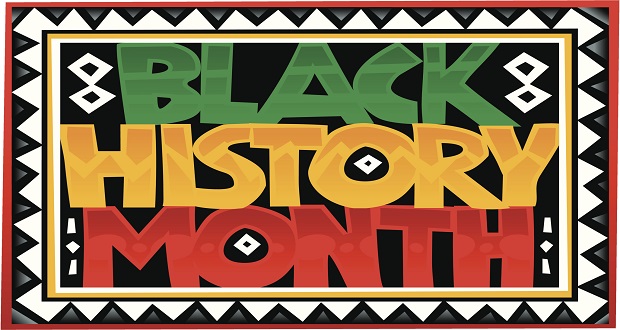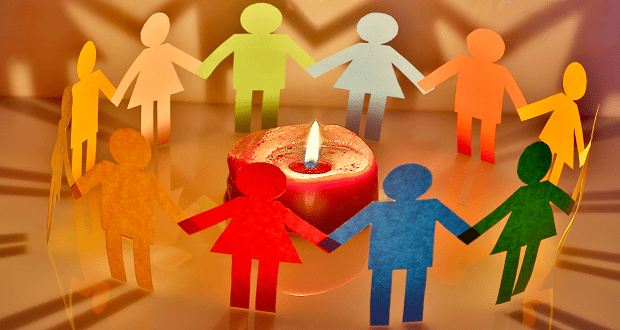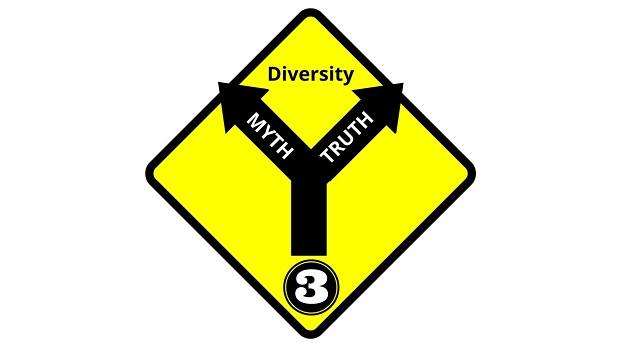
Every year I write something about the importance of celebrating black history. I do this because every year I am asked by someone or I read something that questions the need to celebrate black history. While the reasons might seem obvious to me and others who do this work, there is a growing number who feel that it time to stop separating black history from American history. On the surface that might seem like a plausible goal, the truth is that black history has been largely left out of the annals of American History.
According to Kathryn Walbert who wrote a piece called “Beyond Black History Month”,
Most books cover times of great crisis and change for African Americans — slavery, Reconstruction, and the Civil Rights movement — but they often fail to fully cover what happened in the lives of African Americans in between those watershed events. This version of history would lead one to believe that the story of African American history begins with Harriet Tubman, proceeds through the Civil War, pauses briefly to mention the Harlem Renaissance or the Tuskeegee Airmen, and then travels directly to Rosa Parks’ refusal to get off the bus in Montgomery, Ala. But what, for example, was life like for African Americans in the 1890s, and how did it vary by region? How did black communities sustain themselves during the Great Depression? Where were African Americans during the conservative revolution of the 1980s? The “great moments in African American history” approach leaves these questions largely unanswered. In addition, this approach seems to discuss African Americans only when it is absolutely unavoidable — one can’t talk about Civil Rights without talking about the black experience, so it appears in that chapter, but does the African American perspective also show up in sections on industrialization or Vietnam?
If we are going to integrate black history in overall American history every month’s history curriculum should include the contributions of African Americans.
I am a big fan of Jeopardy. I usually watch it over dinner every evening. I get so frustrated that when the category is black history the contenders (who are usually all white) are so often stumped. They are pretty good at the answer if it Martin Luther King, Jr. or Booker T. Washington, Frederick Douglass or Rosa Parks, but when it comes to the lesser known blacks who contributed to our history like Garrett Morgan (inventor of stoplight hood), or William “Bill” Pickett (famous black cowboy), or Thomas L. Jennings (created the dry cleaning process), the buzzers are quiet. I often find myself screaming at the television… “Who is Garrett Morgan? Who is Garrett Morgan?” I yell to no avail!
Indeed black history is a part of our American history, but sadly it continues to be separated, segmented and fragmented in the way it is taught and portrayed. Until we are genuinely inclusive and integrate the history of all Americans in our text books and other accounts, we still need a month to pause and honor the contributions of African Americans.


















